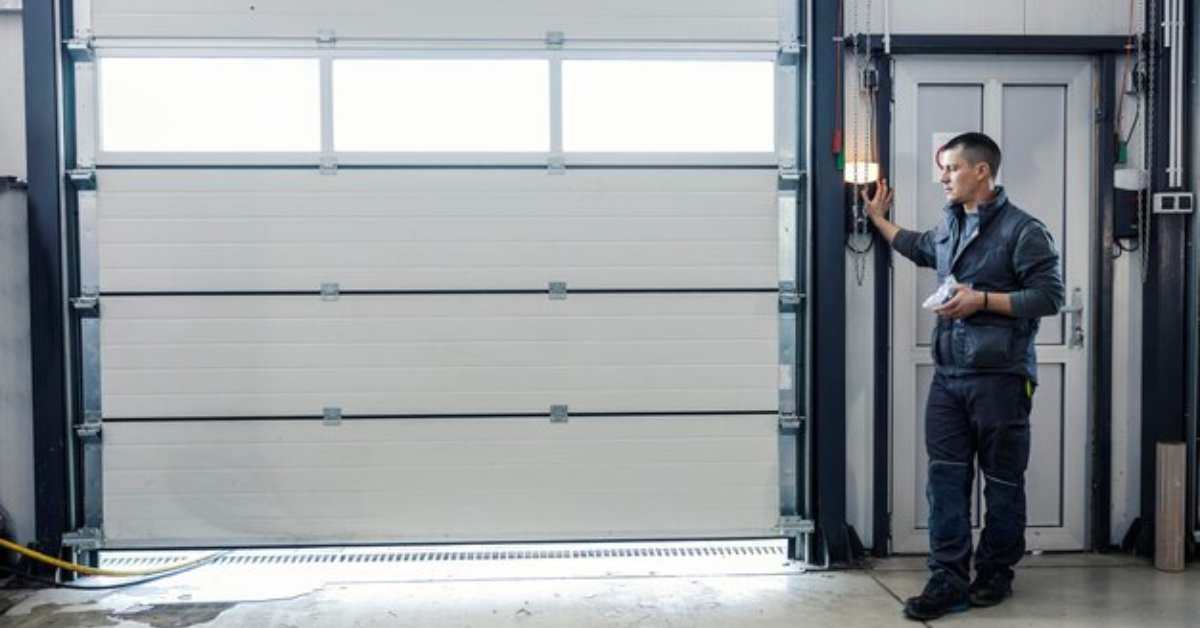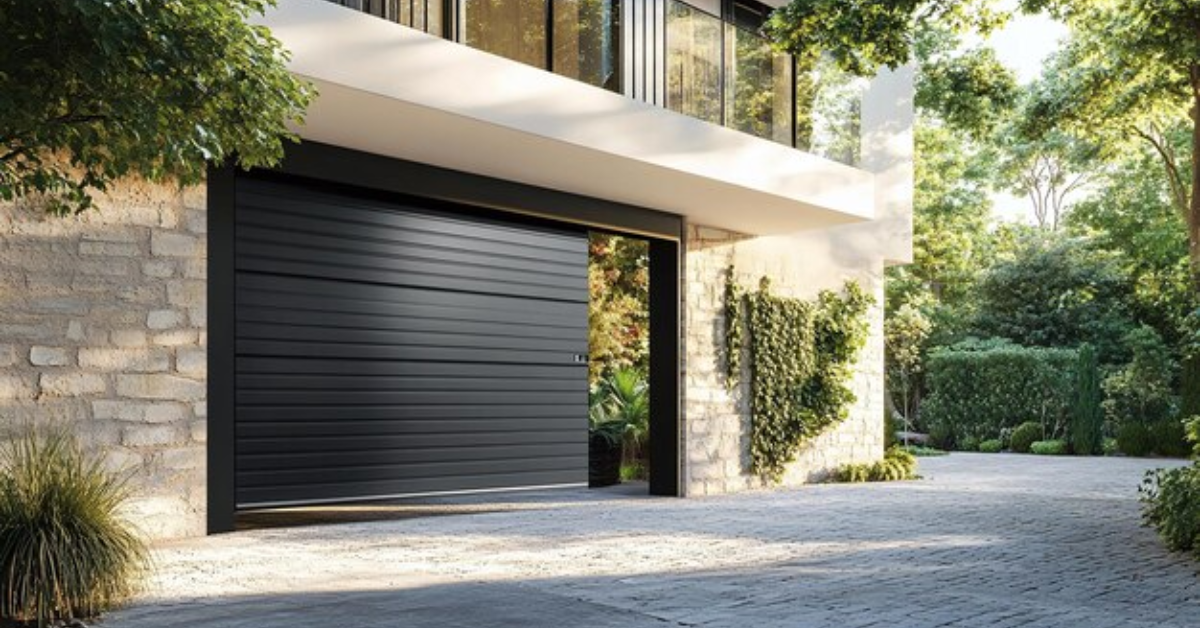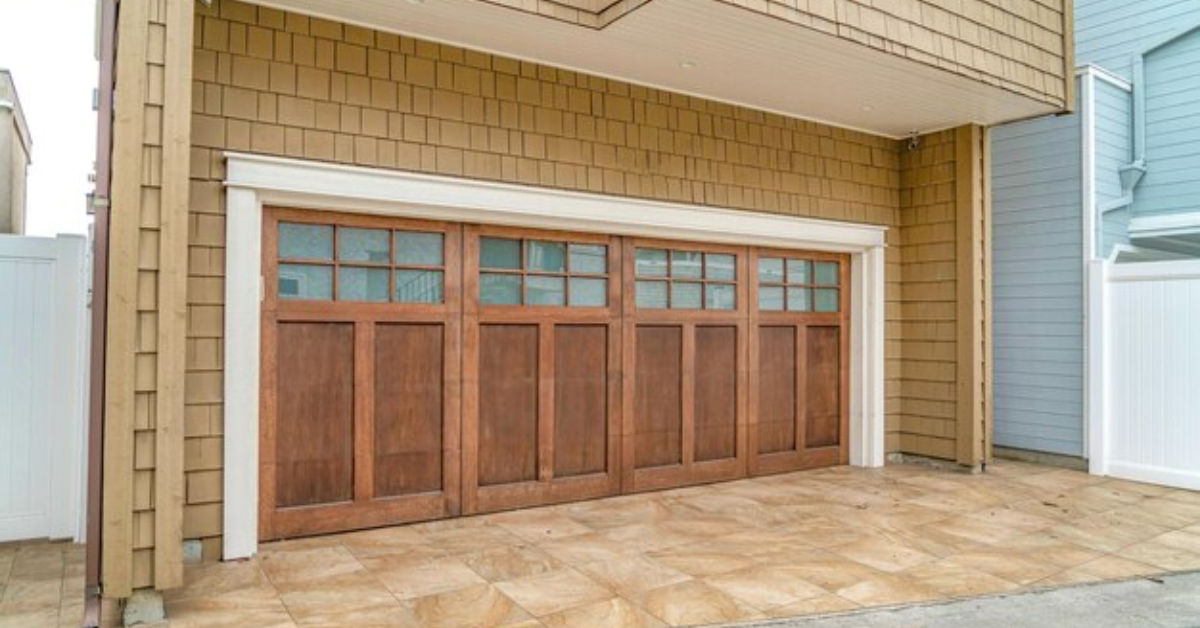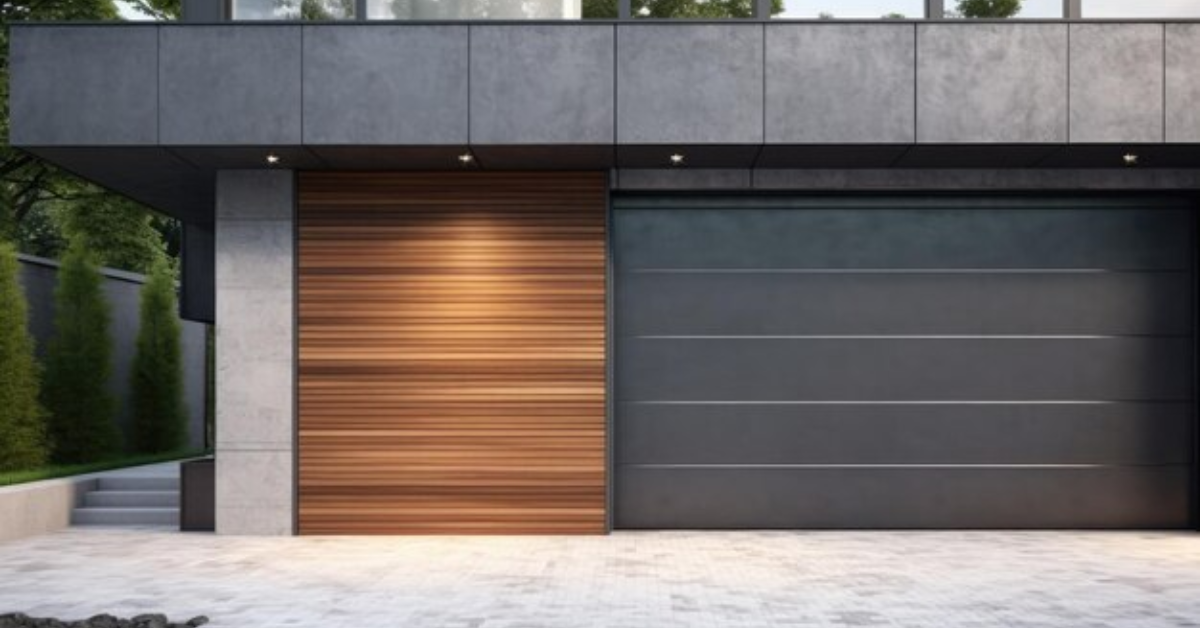Which Is Better: Fiberglass or Steel Garage Doors?
A garage door is more than just a functional part of your home—it enhances curb appeal, provides security, and improves energy efficiency. When selecting a garage door, fiberglass and steel are two of the most popular materials, each offering unique benefits. But which one is better for your home? This article explores the key differences between fiberglass and steel garage doors, helping you make an informed decision based on your needs, budget, and climate.
Understanding Fiberglass Garage Doors
Fiberglass garage doors are constructed using a fiberglass outer layer over a steel or aluminum frame, making them lightweight yet durable. These doors often replicate the appearance of wood, providing homeowners with a classic aesthetic without the high maintenance of real wood.
Pros of Fiberglass Garage Doors:
✔
Rust and Corrosion Resistant: Ideal for coastal areas with high humidity.
✔
Low Maintenance: Requires minimal upkeep compared to other materials.
✔
Wood-Like Appearance: Offers a natural wood grain texture without warping.
✔
Lightweight: Easier to operate manually compared to heavier materials.
Cons of Fiberglass Garage Doors:
✘
Brittle in Extreme Cold: Prone to cracking in freezing temperatures.
✘
Limited Insulation: Not as energy-efficient as some steel options.
✘
Less Impact-Resistant: Can crack or dent under significant force.
Understanding Steel Garage Doors
Steel garage doors are one of the most durable, secure, and customizable options available. They come in a variety of styles, thicknesses, and insulation levels, making them a popular choice for many homeowners.
Pros of Steel Garage Doors:
✔
Highly Durable: Can withstand extreme weather conditions and heavy use.
✔
Excellent Security: Harder to break into compared to fiberglass doors.
✔
Versatile Designs: Available in numerous colors, textures, and finishes.
✔
Energy Efficient: Insulated steel doors offer superior temperature control.
Cons of Steel Garage Doors:
✘
Prone to Rust: Requires regular maintenance to prevent corrosion.
✘
Heavier Than Fiberglass: May need a stronger garage door opener.
✘
Can Dent Easily: Although strong, thinner steel panels may dent upon impact.
Durability and Weather Resistance
When it comes to durability, steel garage doors outperform fiberglass. They can withstand strong winds, heavy impacts, and fluctuating temperatures. Steel doors also offer better security, as they are more difficult to break than fiberglass.
Fiberglass doors, on the other hand, excel in moisture resistance. Unlike steel, they do not rust or corrode, making them a superior option for homes in humid or coastal environments. However, fiberglass can become brittle over time, especially in freezing temperatures, leading to cracks or breakage.
Winner: Steel doors for overall strength; fiberglass for rust resistance.
Aesthetic Appeal and Customization
Both materials offer aesthetic flexibility, but they cater to different styles.
Fiberglass is often chosen for its wood-like texture, which closely mimics real wood grain without the risk of warping, rotting, or insect damage. If you prefer a traditional or rustic look, fiberglass may be your best bet.
Steel doors, however, provide more customization options, including smooth, embossed, and textured finishes. Many modern steel garage doors are designed with faux wood coatings, combining the look of wood with the strength of steel.
Winner: Fiberglass for a natural wood appearance, steel for versatility in design.
Maintenance and Longevity
Fiberglass doors require very little maintenance—they do not rust, chip, or need frequent repainting. Cleaning them with soap and water occasionally is enough to maintain their appearance. However, if a fiberglass door cracks, repairs can be costly and challenging.
Steel doors demand slightly more upkeep, especially if exposed to moisture. Without proper treatment, steel can develop rust over time. That said, modern galvanized and powder-coated steel doors significantly reduce rust issues and require less maintenance than older models.
Winner: Fiberglass for low maintenance, steel for long-term durability.
Insulation and Energy Efficiency
Energy efficiency is a major factor when selecting a garage door, especially for attached garages.
Fiberglass doors are naturally poor insulators but can include insulated cores to improve thermal performance. However, even with insulation, they may not retain heat as effectively as steel doors.
Steel doors offer superior insulation options, particularly double- or triple-layered models with polyurethane or polystyrene cores. These doors help maintain indoor temperatures, reduce noise, and lower energy costs.
Winner: Steel doors provide better insulation and energy efficiency.
Cost Considerations
Fiberglass garage doors are moderately priced, usually costing more than basic steel doors but less than premium insulated steel options. However, their long-term durability in specific environments (such as coastal areas) can make them a cost-effective choice.
Steel garage doors come in a wide price range, from affordable single-layer options to high-end, insulated models. Although initial costs may be lower, homeowners should factor in maintenance expenses if rust becomes an issue.
Winner: Steel doors for affordability, fiberglass for long-term savings in coastal areas.
Which Garage Door Should You Choose?
Ultimately, the right garage door depends on your climate, budget, and aesthetic preferences.
- Choose Fiberglass If:
- You live in a coastal or humid area where rust is a concern.
- You want a low-maintenance door with a realistic wood-like finish.
- Your garage is detached, and insulation isn’t a top priority.
- Choose Steel If:
- You need maximum durability and security.
- Energy efficiency and insulation are important.
- You want a customizable design with multiple color and texture options.
Final Thoughts
Both fiberglass and steel garage doors have their strengths, but for most homeowners, steel is the better all-around choice. It offers superior strength, insulation, security, and customization at a more affordable price. However, if you prioritize low maintenance and rust resistance, fiberglass may be the ideal fit. No matter your choice, investing in a high-quality garage door enhances your home’s value, appearance, and efficiency.
Still undecided? Consult a professional garage door installer to explore your best options based on your specific needs.




